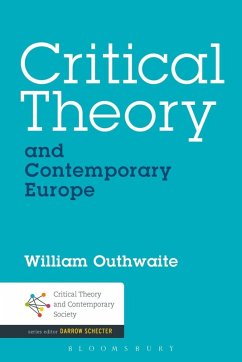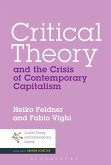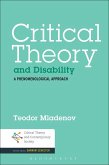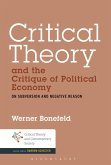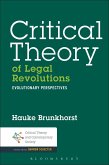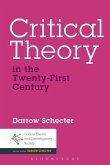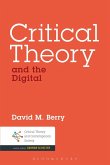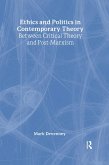Critical Theory and Contemporary Europe introduces the major contributions critical theorists made to the study of Europe, from the interwar years to the present time.
The work begins with theorists such as Adorno who addressed Nazism and the Holocaust, then moves on to discuss the postwar affluence of capitalist Europe. It proceeds to examine how critical theorists provided much of the analysis that motivated the student and youth movements of 1968 and subsequent alternative social movements. Lastly, it relates the development of a critical theory of state socialism, looking at the works of thinkers such as Arato, Offe, and Habermas and how critical theory is now addressing social issues such as European xenophobia and the future of Europe.
This new volume in the Critical Theory and Contemporary Society series brings together critical theory and European studies in a clear, accessible manner and shows the relevance of critical theory to practical political issues.
The work begins with theorists such as Adorno who addressed Nazism and the Holocaust, then moves on to discuss the postwar affluence of capitalist Europe. It proceeds to examine how critical theorists provided much of the analysis that motivated the student and youth movements of 1968 and subsequent alternative social movements. Lastly, it relates the development of a critical theory of state socialism, looking at the works of thinkers such as Arato, Offe, and Habermas and how critical theory is now addressing social issues such as European xenophobia and the future of Europe.
This new volume in the Critical Theory and Contemporary Society series brings together critical theory and European studies in a clear, accessible manner and shows the relevance of critical theory to practical political issues.

